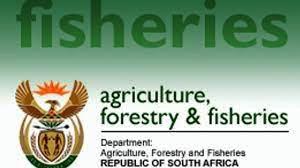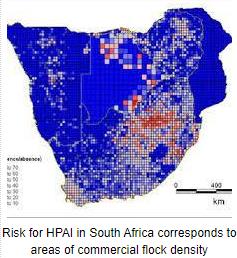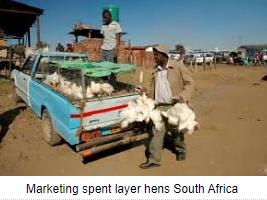 The Animal Health Directorate in the Department of Agriculture, Land Reform and Rural Development of the Republic of South Africa (RSA) is concerned that since April 2023, approximately one third of the RSA egg production flock has either died or been depopulated as a result of HPAI. In a recent FAS-GAIN Report, it was noted that 22 outbreaks of H5 avian influenza and 15 attributed to H7 strain of HPAI principally in egg-production flocks, were recently reported to the World Organization for Animal Health. Egg prices have risen sharply and following in the pattern in other nations have almost doubled due to inadequate supply. To rebuild the flock, the South African Government has issued permits to import close to a million day old chicks. To assist the broiler industry, 9 million hatching eggs will be imported over the immediate future together with an additional 31,000 metric tons of poultry meat.
The Animal Health Directorate in the Department of Agriculture, Land Reform and Rural Development of the Republic of South Africa (RSA) is concerned that since April 2023, approximately one third of the RSA egg production flock has either died or been depopulated as a result of HPAI. In a recent FAS-GAIN Report, it was noted that 22 outbreaks of H5 avian influenza and 15 attributed to H7 strain of HPAI principally in egg-production flocks, were recently reported to the World Organization for Animal Health. Egg prices have risen sharply and following in the pattern in other nations have almost doubled due to inadequate supply. To rebuild the flock, the South African Government has issued permits to import close to a million day old chicks. To assist the broiler industry, 9 million hatching eggs will be imported over the immediate future together with an additional 31,000 metric tons of poultry meat.

The International Trade Administration Commission of the Republic of South Africa is considering a tariff rebate on imported poultry products. This concession to reduce the price of both poultry meat and eggs is predictably criticized by the South African Poultry Association. Their myopic and self-concerned response is notwithstanding the evident hardships, especially among the lower income consumer demographic.
 Highly Pathogenic Avian Influenza should be regarded as endemic in the Republic of South Africa given the large number of undiagnosed cases in backyard and village flocks and the inability of regulatory authorities and the poultry industry to control the infection. South Africa is obviously a candidate for wide-scale vaccination since it is now and possibly for the intermediate future, an importing nation invalidating any objection based on “exports”.
Highly Pathogenic Avian Influenza should be regarded as endemic in the Republic of South Africa given the large number of undiagnosed cases in backyard and village flocks and the inability of regulatory authorities and the poultry industry to control the infection. South Africa is obviously a candidate for wide-scale vaccination since it is now and possibly for the intermediate future, an importing nation invalidating any objection based on “exports”.